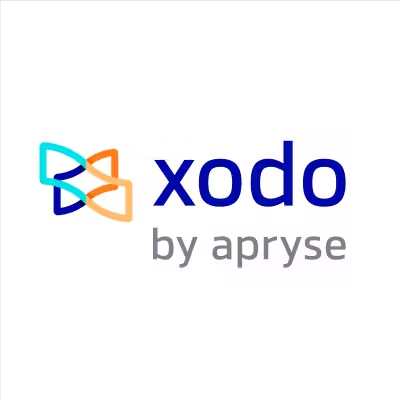The XLSX file format is a Microsoft Excel Open XML Spreadsheet file used to hold financial data, perform calculations, create charts, and more. Introduced in Microsoft Excel 2007, this file type represents a leap from the traditional binary format (.xls) used in earlier versions. The XLSX format is part of the Office Open XML (OOXML) specification and utilizes a zipped, XML-based structure to enhance data management and compatibility across various platforms.
Benefits of XLSX Format
XLSX files offer improved data storage and reduced file sizes compared to their predecessors, which allows for more efficient performance and easier sharing. The format is also designed for better data recovery, because each piece of a workbook is stored separately, thus minimizing the risk of complete data loss if the file gets corrupted. It also provides advanced features like pivot tables and conditional formatting.
Software Compatibility
While the XLSX format originated with Microsoft, it is widely supported across multiple software suites, including open-source options like LibreOffice and Apache OpenOffice. Cloud-based applications such as Google Sheets also offer compatibility, ensuring that users are not limited to a single environment or operating system.
Alternatives to XLSX
Despite the widespread adoption of the XLSX format, there exist alternative file types for handling spreadsheet data. These include the older XLS format, OpenDocument Spreadsheet (ODS), and CSV files. Each of these formats caters to different needs, with CSV files being particularly useful for data exchange between different programs due to their simplicity and wide adoption. The ODS format is an open standard for spreadsheets, endorsed by many who seek an alternative to proprietary formats like XLSX.
XLSX has become the standard for modern spreadsheet documents, serving as a powerful tool for managing complex data. Its adoption reflects an ongoing trend towards open standards and ease of use in software applications, reinforcing the importance of accessible data exchange formats in today's digital landscape.












